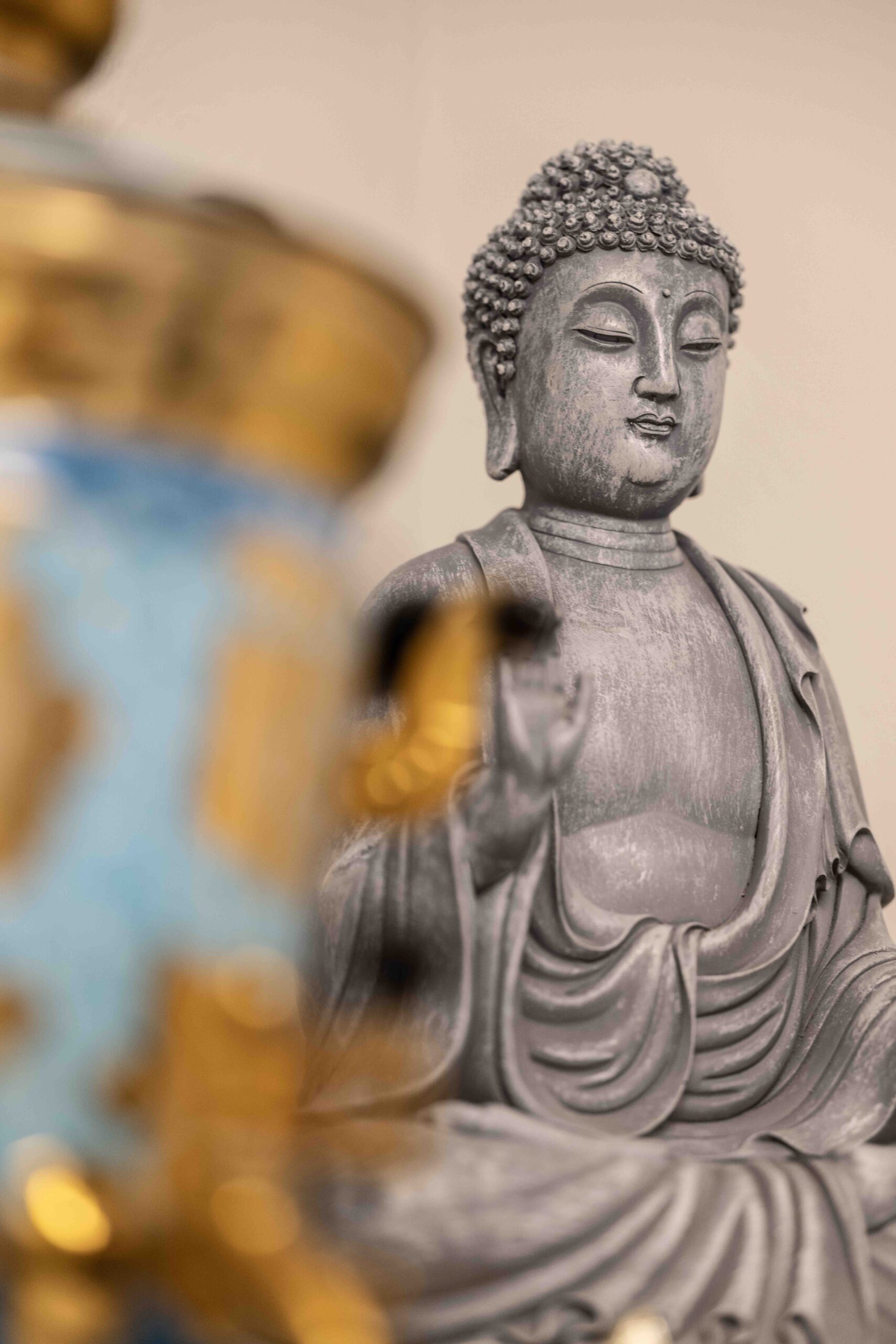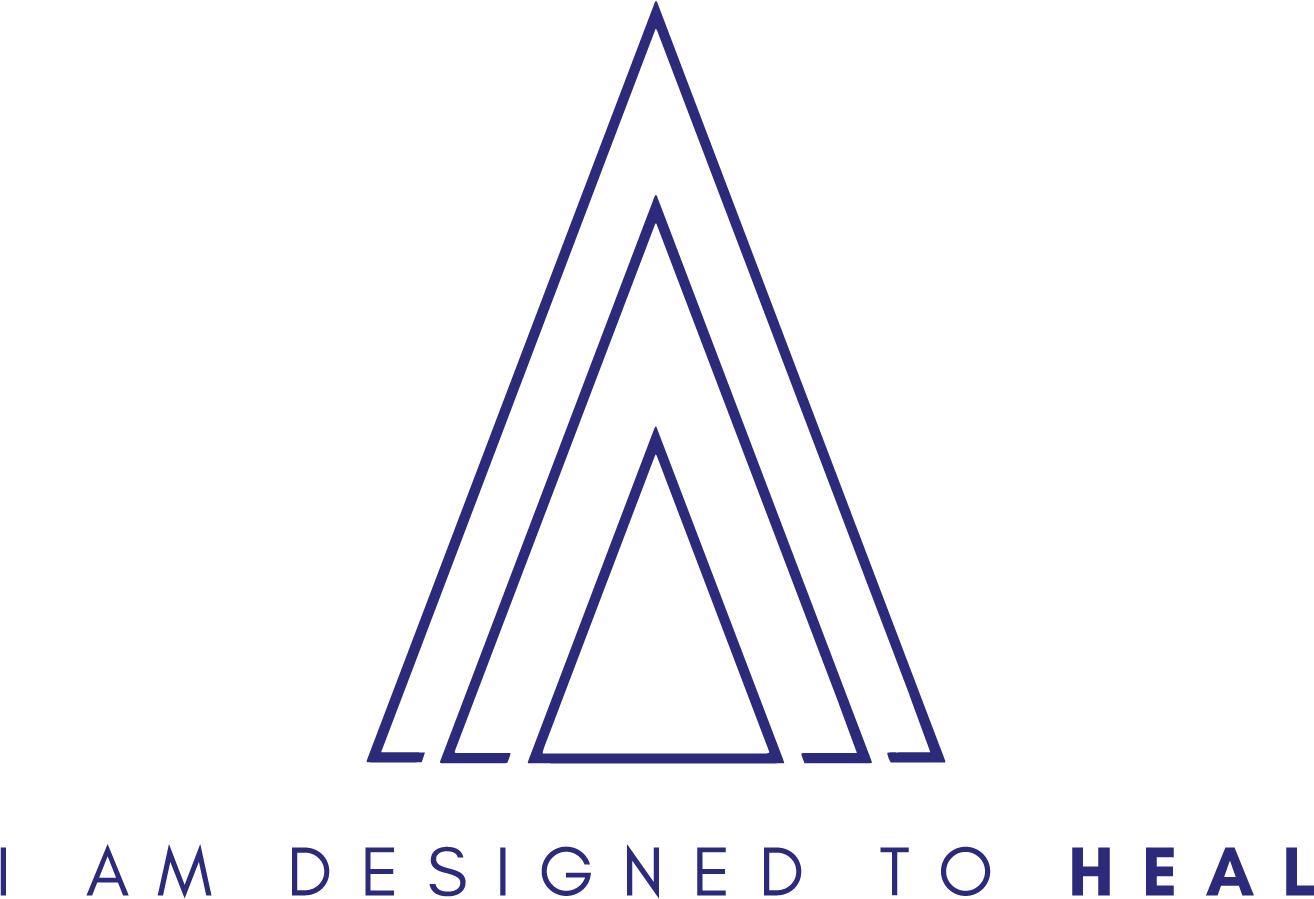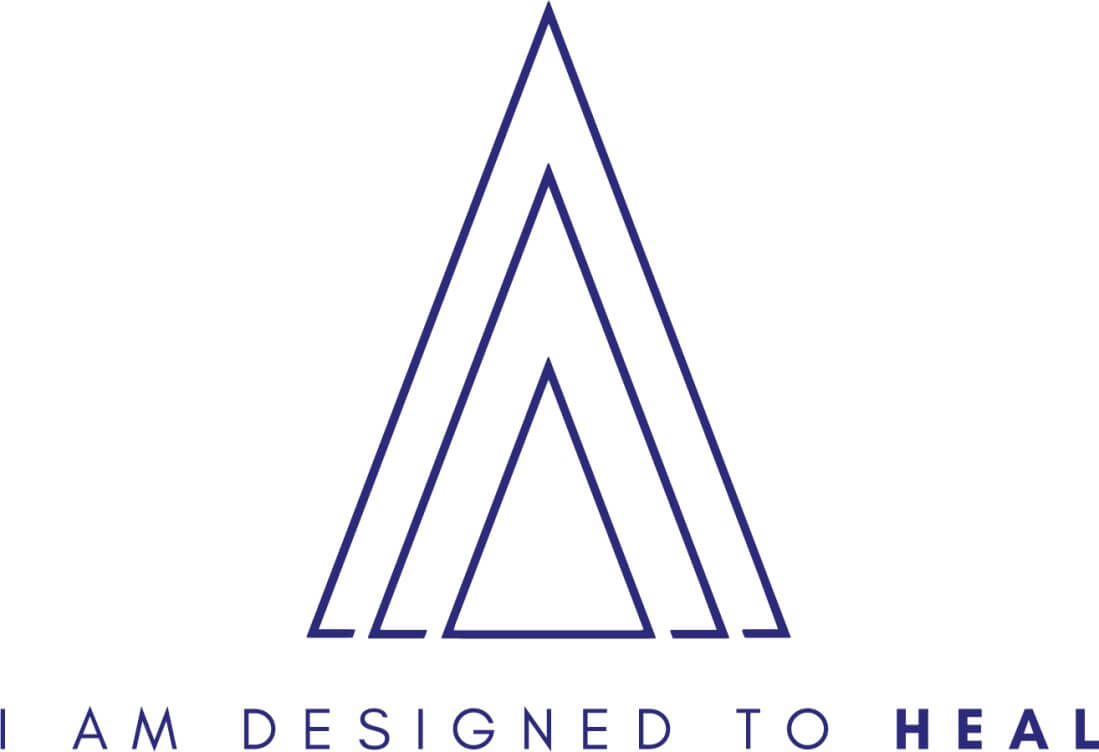
09 Oct How Chronic Pain and Mental Health Are Connected — and How Traditional Chinese Medicine Can Help
Chronic pain can feel like an unbreakable cycle, impacting sleep, focus, and the ability to enjoy daily life. While it’s often thought of as purely physical, research shows that chronic pain is closely connected with mental health. Stress, anxiety, and unresolved emotions can often amplify physical discomfort, making it last longer and feel more intense.
 Traditional Chinese Medicine (TCM) offers a unique and holistic way to address this connection, providing pathways to relief for both body and mind.
Traditional Chinese Medicine (TCM) offers a unique and holistic way to address this connection, providing pathways to relief for both body and mind.
Let’s explore how TCM can help break the cycle of chronic pain by addressing the mind-body link.
The Connection Between Chronic Pain and Mental Health
Chronic pain, or pain that lasts for more than three months, often involves more than just physical symptoms. Research shows that ongoing pain is frequently linked to mental health issues like stress, anxiety, and depressionpain-stress loop,” where chronic pain increases stress, and that stress, in turn, worsens the pain. Breaking this cycle can be challenging, but understanding its origins is a good first step.
In TCM, pain results from imbalances in the body’s energy, or “qi.” Emotional stress can disrupt qi, creating blockages that may manifest as pain. Because different emotions affect various organs in TCM, specific areas of pain can sometimes reflect emotional patterns:
- The Liver is associated with anger and frustration; imbalances here may cause headaches or muscle tension.
- The Heart is linked with joy and anxiety; when out of balance, it can lead to chest tightness or sleep issues.
- The Spleen relates to worry; its imbalances often contribute to fatigue and digestive discomfort.
TCM offers a range of treatments that work to rebalance the body and mind, addressing both the emotional roots and physical symptoms of pain.
How TCM Techniques Help Manage Chronic Pain and Improve Mental Health
- Acupuncture: Relieving Pain and Calming the Mind
Acupuncture involves placing thin needles at specific points along the body’s energy pathways, or meridians. By stimulating these points, acupuncture can ease pain by encouraging the body’s natural healing responses and releasing endorphins. A meta-analysis published in The Journal of Pain found acupuncture effective for managing various chronic pain conditions, such as migraines, back pain, and osteoarthritis .
Acupunctures with mental health by regulating stress hormones, calming the nervous system, and balancing mood-related neurotransmitters like serotonin and dopamine. Regular acupuncture reduces pain sensitivity and helps break the pain-stress loop by easing both physical discomfort and emotional tension.
- Herbal Medicine: Supporting Physical and Emotional Balance
TCM herbal remedies can also support the body’s stress response and relieve pain. Adaptogenic herbs, such as Rehmannia and Schisandra, help increase resilience to stress, while Chinese skullcap and Ginseng may reduce inflammation and calm the nervous system. These herbs are often customized for each person’s unique needs, addressing both pain and any underlying emotional factors.
A study in Journal of Traditional Chinese Medicine showed that personalized herbal treatments helped to reduce pain and enhance mood stability, making them an excellent complement to acupuncture .
- Tui Na and Qi Gong: Releasi and Rebalancing Energy
Tui Na, a therapeutic form of massage, and Qi Gong, a gentle movement and meditation practice, both work to restore energy flow in the body. Tui Na helps release muscle and joint tension, while Qi Gong promotes calmness and emotional resilience through breathing and movement.
A study in the Journal of Alternative and Complementary Medicine found that Qi Gong significantly reduced stress and chronic pain symptoms, helping individuals achieve greater emotional and physical balance . These practices can be especially helpful with chronic pain who feel emotionally “stuck” or tense.
- Dietary Therapy: Nourishing the Body and Mind
TCM dietary therapy considers how foods impact energy flow. For example, warming foods like ginger may help improve circulation and alleviate pain, while cooling foods like cucumber can reduce inflammation and promote calm. Personalizing your diet based on your specific symptoms and energy imbalances can support both your physical and emotional health.
Dietary adjustments rich in magnesium—found in leafy greens, nuts, and seeds—may also help relax muscles and reduce tension, providing relief for both body and mind.
Taking the Next Steps with TCM for Chronic Pain and Emotional Health
If you’re experiencing chronic pain that feels emotionally rooted, TCM may offer the integrative approach you need. I can work with you to assess both your physical and mental health needs, developing a tailored plan that addresses pain holistically. From acupuncture and herbal medicine to Qi Gong and dietary therapy, I Am Designed to Heal offers multiple ways to support healing and emotional balance.
Regular sessions and consistent practice are often key to long-lasting benefits. The synergy of these treatments can help break the pain-stress cycle, providing lasting relief and improving quality of life.
 In Conclusion: A Holistic Path to Pain Relief and Emotional Wellness
In Conclusion: A Holistic Path to Pain Relief and Emotional Wellness
When we recognize chronic pain as more than just a physical issue, we open up new paths to healing. Traditional Chinese Medicine offers an integrative approach, focusing on both body and mind to help ease pain and improve emotional resilience.
If you’re ready for a natural, whole-person approach to pain management, consider exploring TCM with a I Am Designed to Heal in Naples, Florida to create a personalized plan that supports your journey toward health and balance.
References
- Ashar, Y. K., Gordon, A., Schubiner, H., et al. (2021). Emotional awareness and expression therapy, cognitive behavioral therapy, and education for fibromyalgia: a cluster-randomized controlled trial. Psychological Bulletin, 15(5), 543-560.
- Langevin, H. M., Wayne, P. M., & Macpherson, H. (2011). Acupuncture research: strategies for strengthening the biological foundations. The Journal of Alternative and Complementary Medicine, 17(11), 859-866.
- Vickers, A. J., Linde, K. (2014). Acupuncture for chronic pain: an individual patient data meta-analysis. The Journal of Pain, 15(10), 857-871.
- Kim, J. H., Lee, S. H., & Shin, B. C. (2015). Acupuncture and the hypothalamic-pituitary-adrenal axis: Effects on emotional health. Medical Acupuncture, 27(2), 104-110.
- Wang, C., Bannuru, R., & Ramel, J. (2014). Tai Chi and Qi Gong for health: Improved emotional and physical well-being. Journal of Alternative and Complementary Medicine, 20(5), 433-441.
TCM’s approach to pain management can be a refreshing and supportive way to find relief, heal, and thrive. If you’re ready for an alternative path to balanced wellness, TCM may be the answer.


